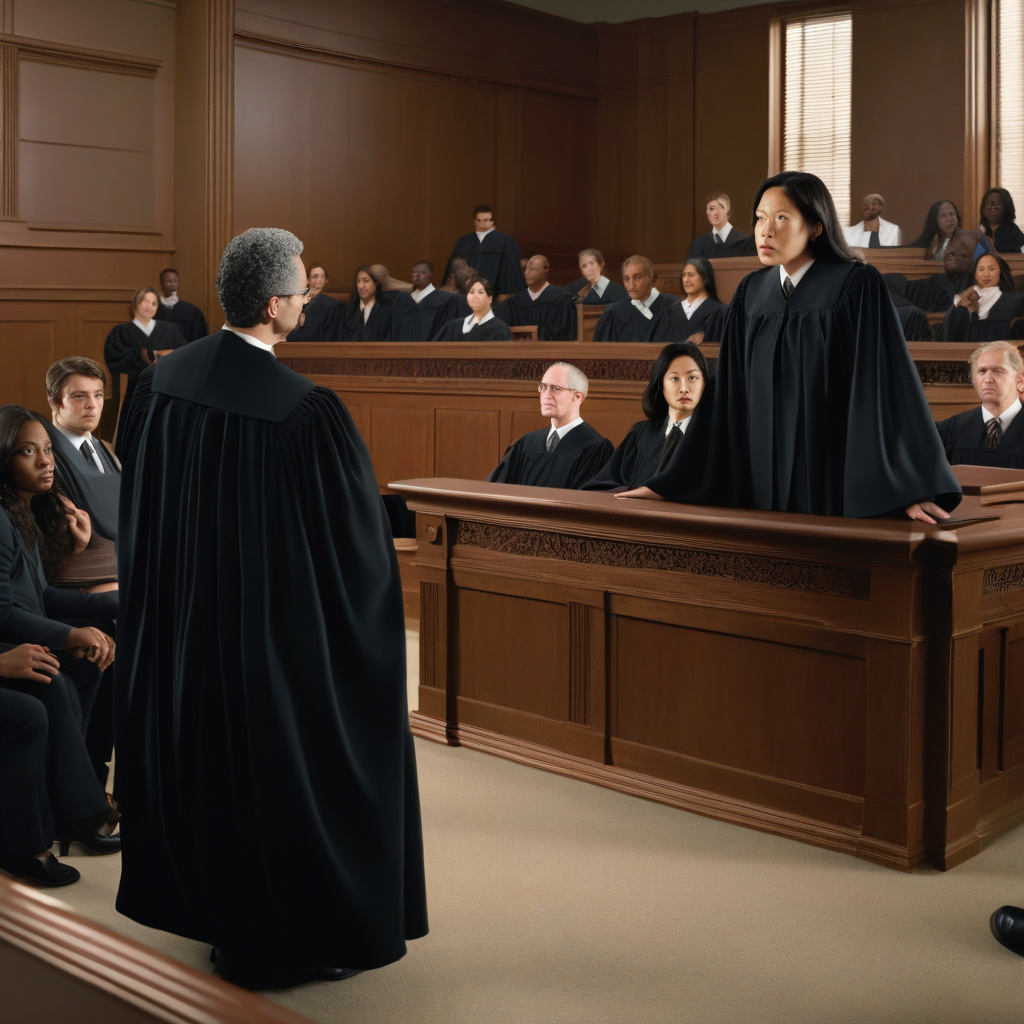In a recent turn of events, a federal judge in Northern California has made a significant decision regarding Elon Musk’s attempt to block OpenAI’s move towards becoming a for-profit entity. According to a report by Bloomberg, Musk’s motion for an injunction was denied by U.S. District Court Judge Yvonne Gonzalez Rogers. This ruling came as Musk was unable to present sufficient evidence to support his request for an injunction.
The denial of the injunction paves the way for OpenAI to proceed with its planned transition into a for-profit company. While Musk’s concerns may have been legitimate, the court ultimately found that the evidence presented was not substantial enough to warrant halting OpenAI’s strategic shift.
This development underscores the complexities that can arise when organizations navigate the delicate balance between their original mission and the potential benefits of transitioning to a for-profit model. OpenAI, known for its work in artificial intelligence research, is now poised to explore new opportunities and business models as it moves towards a for-profit structure.
The decision by Judge Rogers serves as a reminder of the importance of thorough documentation and compelling evidence in legal proceedings. In cases where high-profile figures such as Elon Musk are involved, the scrutiny and standards may be even more stringent. This ruling highlights the need for meticulous preparation and a strong legal strategy when pursuing an injunction or similar legal action.
As OpenAI prepares for its transition, industry observers will be keen to see how the organization leverages its expertise and resources in the evolving landscape of artificial intelligence and technology. The move towards a for-profit model could open up new avenues for growth, collaboration, and innovation within the AI sector.
While the outcome of this legal battle may have implications for both OpenAI and Elon Musk, it also raises broader questions about the intersection of technology, business, and ethics. As AI continues to play an increasingly prominent role in various industries, the decisions made by organizations like OpenAI can have far-reaching effects on the technological landscape.
In conclusion, the recent ruling by Judge Yvonne Gonzalez Rogers denying Elon Musk’s motion for an injunction against OpenAI’s for-profit transition marks a pivotal moment in the evolution of both organizations. It underscores the importance of strong legal arguments and evidence in shaping the trajectory of technology companies, especially when faced with complex decisions about their future direction. As OpenAI moves forward with its strategic shift, the tech world will be watching closely to see how this decision impacts the organization’s trajectory and the broader AI industry.

